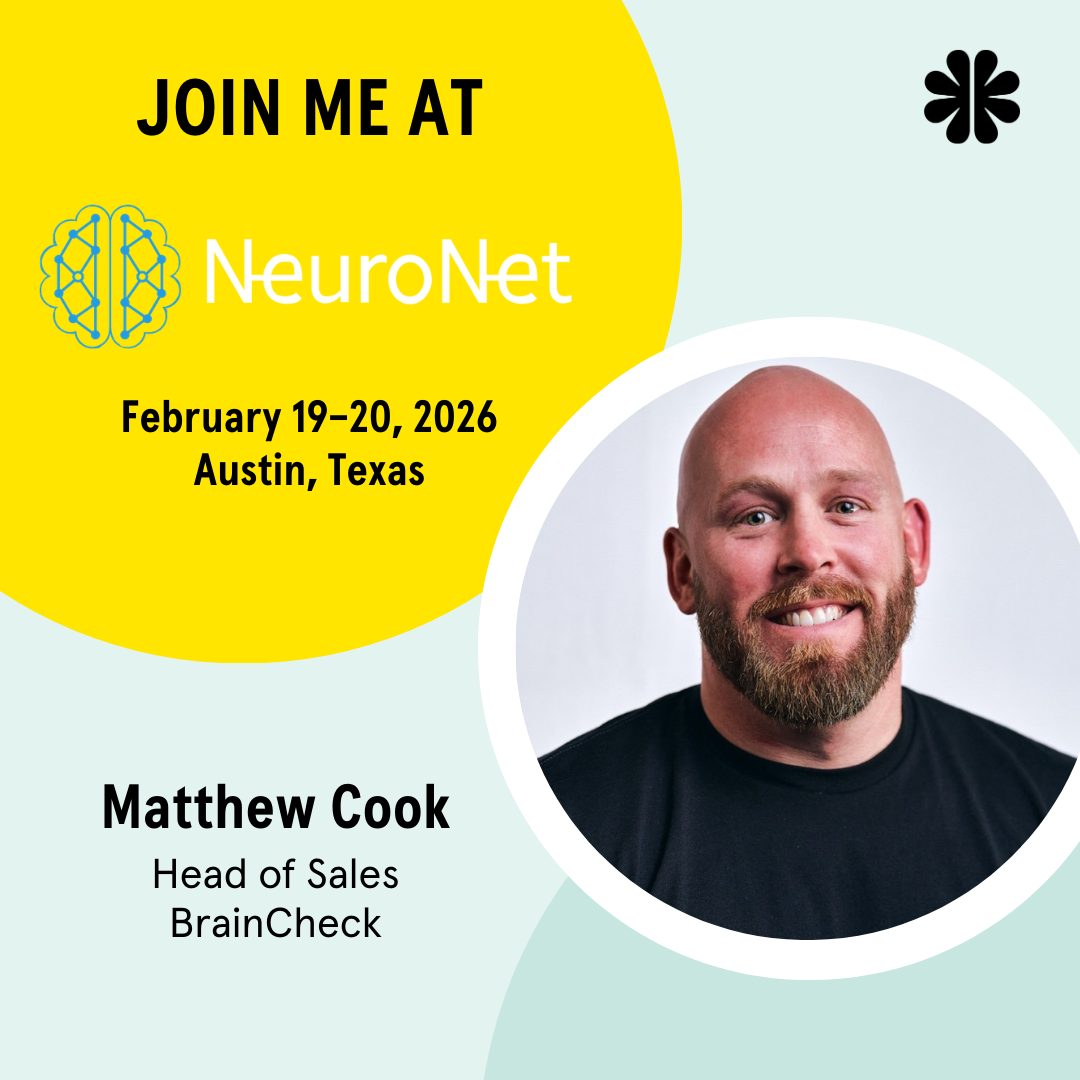The recent coronavirus pandemic has abruptly and fundamentally altered how medical care is delivered in the United States. Most office-based practitioners have had to pivot almost overnight to delivering care through telemedicine.
Although telemedicine has been growing in availability and acceptance over the past two decades, adoption has been patchy, with reimbursement policies greatly limiting growth.
Up until March 2020, Medicare still confined telemedicine care for the elderly to formal healthcare settings in rural locations. Emergency regulatory changes due to the COVID-19 crisis then began to allow payment for services to Medicare recipients regardless of geographical location.
Telemedicine for cognitive health
Included in these new regulatory changes are psychological and neuropsychological test administration and interpretation, as well as cognitive care planning. Many professionals and non-professionals express reflexive doubt that the elderly, especially those who are cognitively impaired, could participate effectively in telehealth encounters.
In my own experience directing rural geriatric mental health programs, seniors have readily accepted and benefitted from psychiatric telemedicine. The key ingredient was the availability of a staff member to set up the telemedicine camera and equipment so that patients could concentrate solely on interaction with the doctor. American Telemedicine Association guidelines for behavioral health assessment and treatment concluded, following literature review, that both accuracy and satisfaction of telehealth was equivalent to face-to-face care.1
Legitimate questions arise about the suitability and validity of remote and home-based cognitive assessment administered through telemedicine. But with in-person medical care greatly restricted at present, particularly for the elderly, adaptation of office-based assessment to home settings is essential for ongoing care of cognitively at-risk or impaired patients.
BrainCheck and Clinical Best Practices
Best practices for offering technology-based assessments such as BrainCheck are not particularly different from telehealth in clinical settings.
Having appropriate and available technology on hand (an iPad or computer) and a family member to assist the patient are the essential ingredients. A phone call from the clinic to brief the patient and/or family member to provide a quiet, well-lit, and uninterrupted setting for test administration will prepare them for a successful assessment.
BrainCheck will assist customer practices in orienting practitioners or staff members to oversee test administration. So far, these preparations are resulting in comfortable experiences for patients and useful initial and follow-up cognitive assessment for practitioners.
Evidence-based Telemedicine
A 2020 study from The American Journal of Geriatric Psychiatry concludes, “The results of this trial demonstrate that it was possible to adapt an evidence-based intervention which was designed to be offered in person and to offer the intervention using telehealth delivery. We found that telehealth delivery required less resources than home visits. Furthermore, our data suggests that clinical outcomes were not significantly different between groups and the telehealth model of delivery was noninferior.”
The combination of reasonable, simple practice adjustments and the presence of published positive evidence is encouraging for telehealth practitioners in their efforts to make comprehensive care to their elderly patients more possible during these challenging times.
Find additional telehealth resources here »
References
- “Evidence-Based Practice for Telemental Health.” American Telemedicine Association. 2009. Groppell S, Soto-Ruiz KM, Flores B, Dawkins W, Smith I, Eagleman DM, Katz Y. A Rapid, Mobile Neurocognitive Screening Test to Aid in Identifying Cognitive Impairment and Dementia (BrainCheck): Cohort Study JMIR Aging 2019;2(1):e12615. https://doi. org/10.2196/12615BrainCheck Screen Validation. White paper. https://braincheck.com/wp-content/uploads/2023/12/Screen-Validation-Whitepaper-VAL-SC10-001-Rev.-000.pdf BrainCheck Screen Validation. White paper. https://braincheck.com/wp-content/uploads/2023/12/Screen-Validation-Whitepaper-VAL-SC10-001-Rev.-000.pdf BrainCheck Screen Validation. White paper. https://braincheck.com/wp-content/uploads/2023/12/Screen-Validation-Whitepaper-VAL-SC10-001-Rev.-000.pdf




